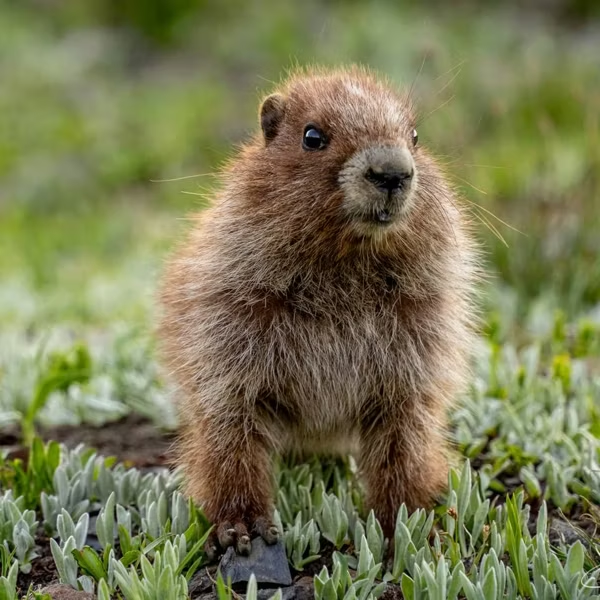African lions are at risk of extinction in the foreseeable future and should be listed as threatened on the endangered species list, the U.S. Fish and Wildlife Service said on Monday.
"The African lion--a symbol of majesty, courage and strength since earliest times--faces serious and continuing threats to its survival," said Service director Dan Ashe. "Listing it as a threatened species will bring the full protections of U.S. law to lion conservation, allowing us to strengthen enforcement and monitoring of imports and international trade."
Populations have gone down 50 percent over the past 30 years, the Service said. Placing lions under the protection of the Endangered Species Act (ESA) would prohibit and regulate many of the activities that jeopardize their global population, such as commercial trade.
The Scientific American writes:
The decision to list the big cats as threatened--one level below endangered--would allow the U.S. government to provide some level of training and assistance for on-the-ground conservation efforts and restrict the sale of lion parts or hunting trophies into the country or across state lines.
The threat against lions is threefold. They are imperiled by dwindling habitat, loss of prey, and, in a more complex issue, increased conflict with humans.
Over the last decade, at least 5,663 lions were traded internationally for trophy hunting purposes, largely by wealthy overseas tourists, according to the International Fund for Animal Welfare, which was among one of four conservation groups which petitioned the Service to propose listing lions under the ESA. More than half of the lions killed for sport were imported to the United States.
Protecting lions against commercial trade would ensure that "people under the jurisdiction of the United States do not contribute to the further decline of listed species," the Service said.
"A threatened species listing for African lions will help ensure that American trophy hunters stop contributing to the decline of African lions," said Teresa Telecky, Director, Wildlife Department, Humane Society International. "While we are disappointed that the U.S. government appears poised to continue allowing the import of some lion trophies, it's vital that protective trophy import standards be put in place and that there will be transparency in that process. American hunters import about 400 trophies of wild lions each year, so we hope that the ESA protection will significantly curtail this destructive activity."
In addition to trophy hunting, humans threaten lion populations in other ways. As human settlements and agricultural activities have spread out over the past three decades, they have encroached on wildlife habitats and protected areas, which is particularly dangerous as more than 70 percent of Africa's lion population is concentrated into just 10 areas on the continent, the Fish and Wildlife Service says. Human hunting drives down the lions' natural prey base and occasionally leads to retaliation killings against lions who eat settlement livestock, like cattle.
Although the Service says that sport hunting does not pose a threat to lion populations, IFAW regional director Jeff Flocken called the announcement "very significant," the Scientific American said:
Flocken says the new permit process could "quickly and easily" help to minimize the threat that hunters pose to African lions by identifying trophies that come from areas where lions are more at risk--or from "canned hunts," in which captive-raised lions are shot in controlled situations. "The permit system will allow the U.S. government to monitor and evaluate the trophies that are coming in," Flocken says.
"It is up to all of us, not just the people of Africa, to ensure that healthy, wild populations continue to roam the savannah for generations to come," Ashe said.



